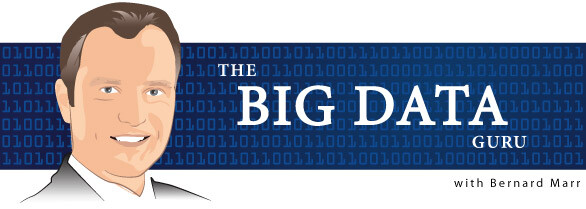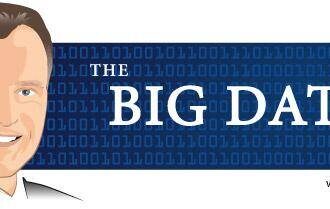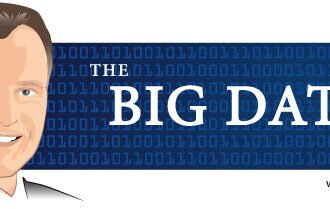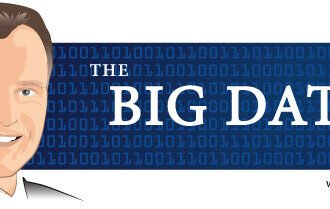

This year we have seen the 25th birthday of the World Wide Web (WWW) and next year we will see the 800th anniversary of the Magna Carta. The Internet has given us the ability to collect and leverage big data and the Magna Carta was the first declaration forced upon a monarch by his subjects to protect their rights and limit the King’s powers. The Magna Carta of 1215 is often seen as the first step towards The Universal Declaration of Human Rights.
The reputation of big data has suffered with the revelations by wistleblower Edward Snowden that the U.S. National Security Agency (NSA) has been systematically using big data analytics to ‘spy’ on everyone’s communications as well as perform targeted surveillance of individuals and companies. We can all be certain that the U.S. is not the only government agency in the world to collect and use big data. For example, former French foreign minister Bernard Kouchner said “Let’s be honest, we eavesdrop too. Everyone is listening to everyone else. But we don’t have the same means as the United States, which makes us jealous.”
The other reason why big data is getting a bit of a bad name is that large and powerful corporations are using it in ways that raise many privacy concerns. I have written about the questionable use of big data analytics at Google and Facebook, but is seems that more and more companies are adopting dubious practices to snoop on their customers. The bit I don’t like is the way privacy policies are re-written all the time, which often bury important clauses in pages and pages of text no-one ever reads.
This has let to a situation where we have a growing number of people that are now calling for a new international ‘Magna Carta’ to protect our rights online and limit the powers of how governments and large corporations can use our data. One of the people who is becoming increasingly vocal about the need for a global constitution or bill-of-rights for the web is the person that is attributed with inventing the World Wide Web.
Sir Tim Berners-Lee, British computer scientist and inventor of the WWW, is associated with a campaign for a digital bill of rights for every country. He is speaking out against surveillance. In an interview with the BBC, Sir Tim said:
“It’s time for us to make a big communal decision. In front of us are two roads – which way are we going to go”
“Are we going to continue on the road and just allow the governments to do more and more and more control – more and more surveillance?
“Or are we going to set up a bunch of values? Are we going to set up something like a Magna Carta for the world wide web and say, actually, now it’s so important, so much part of our lives, that it becomes on a level with human rights?”
Sir Tim believes, and I agree with him 100% on this, that everyone should be able to use the Internet as a neural medium, without feeling “somebody’s looking over our shoulder”. As a big data expert, I have been increasingly concerned with the way governments and large corporation might be able to use our data.
I have written about the amazing opportunities big data is offering us and how it helps businesses improve, allows us to find new medicines, and how it is accelerating all areas of research. In my work with companies we discover new and wonderful applications of big data analytics each day. I couldn’t be more pro big data.
However, the governmental and corporate miscues of data reveal a darker side to big data that has to be addressed so that we can concentrate on the good that can be gained from big data analytics. As someone with a very wide insight into big data I am concerned with how my data is used. I currently don’t feel that I have any real control about who is seeing and analyzing my data, be it data I put on Facebook, what I search for on Google, data on how I use my credit card, what I buy on Amazon or what I send through email. I feel that there is no transparency about where my data goes and how it will be used. I don’t think we can ever achieve complete transparency, e.g. law enforcement agencies need ways of collecting and analyzing data in stealth mode if they are to catch ciminals and terrorists. However, what we need is better regulation and to me the attempt to create a digital bill of rights is something we should all support.
Some fear that such a bill could spell the end of big data analytics, I would see it as the beginning of a new chapter where we have more transparency about how and by whom our data is used. President Obama has recently announced plans to reform the way the NSA is using surveillance data and said the US must win back the trust of ordinary citizens over the way their data is collected and used.
I feel that the entire big data movement needs to win back the trust of people. We can still use big data and achieve amazing results, but we need clearer guidelines and more transparency on how governments and corporations do that.
Any views on this? Please let me know your thoughts…
—–
Finally, please check out my other posts in The Big Data Guru column and feel free to connect with me via Twitter, LinkedIn, Facebook, slideshare and The Advanced Performance Institute.










